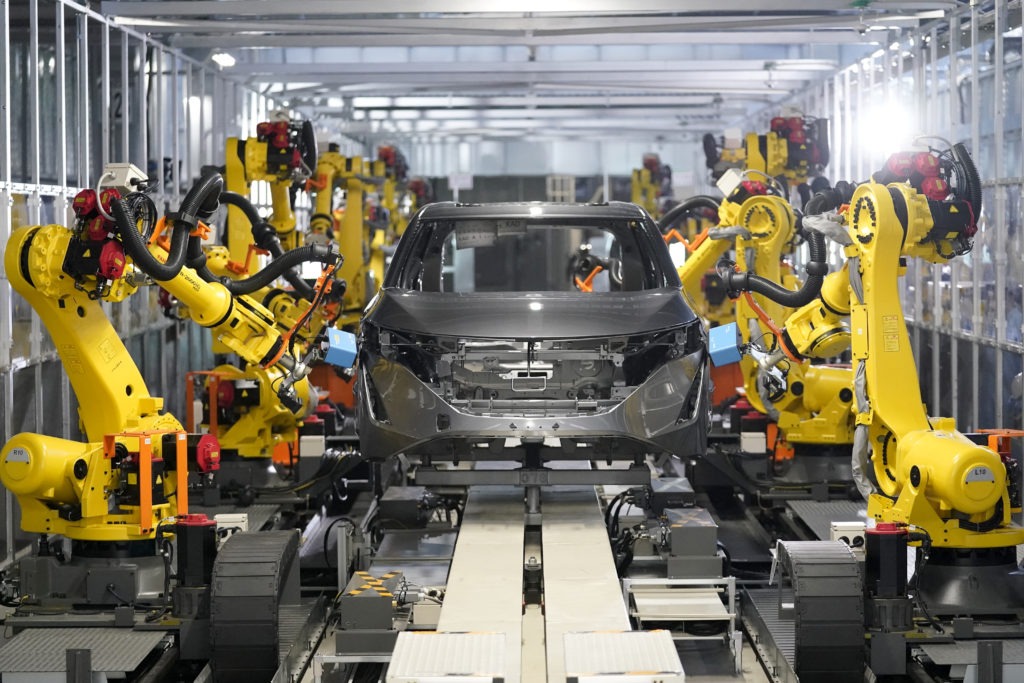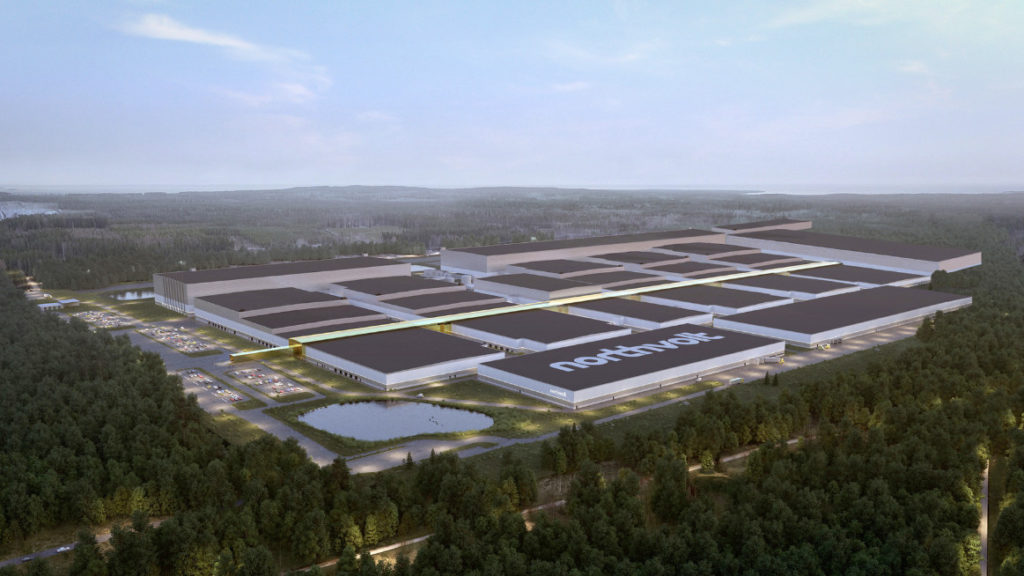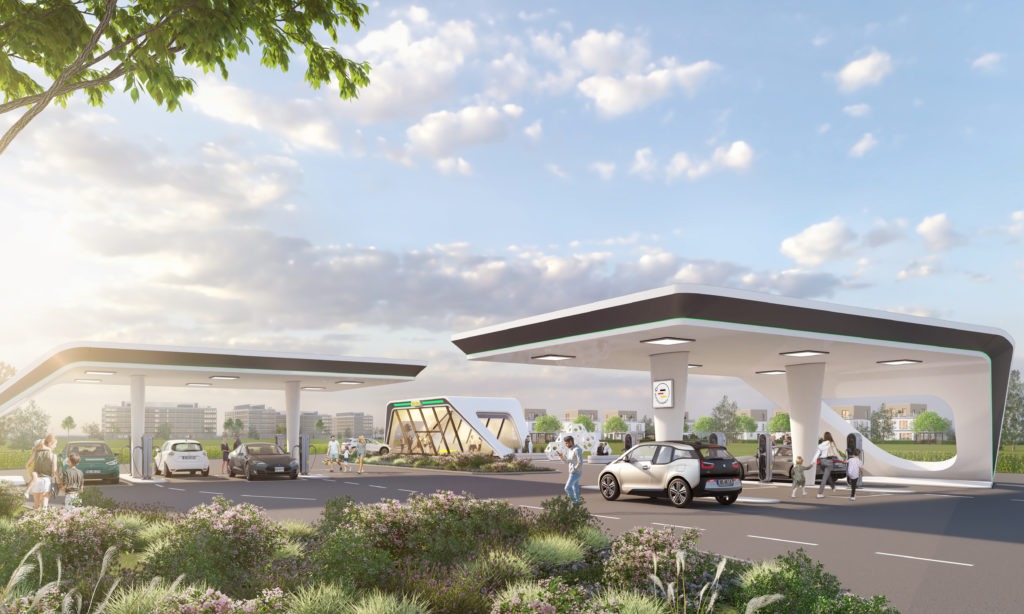Nissan builds intelligent factory
11 October 2021

Nissan has unveiled a new intelligent production line at its Tochigi Plant in Japan. As well as building next-generation vehicles using innovative technology, the site will bolster the manufacturer’s carbon-neutrality efforts. This financial year will see the plant begin production of the new Nissan Ariya crossover electrically-chargeable vehicle (EV).
‘The automotive industry is in a period of great change and solving the global challenge of climate change is urgent. We see this as an opportunity to build the strength of monozukuri (manufacturing), a part of our DNA, to develop and apply innovative technologies to overcome the challenges we face,’ said Hideyuki Sakamoto, Nissan’s executive vice president for manufacturing and supply-chain management.
Smart solutions
Nissan’s intelligent factory initiative forms a response to the changing environment surrounding manufacturing. The company points to a need to break away from traditional manually-intensive work in its home market, due to an ageing society and labour shortages.
The impact of climate change and the pandemic is also a serious influencing factor. As acknowledged in the online unveiling, COVID-19 previously postponed the event, and the metropolitan area was even hit by an earthquake the night before.
Furthermore, the automotive industry is undergoing one of its most dramatic historical changes: electromobility and digitalisation are making cars far more advanced and complex. Vehicles are no longer miracles of engineering, but instead the realisation of intelligent infrastructure and advanced software.
Labour lulls, existential environmentalism and advancing automotive technology set the stage for Nissan’s intelligent factory initiative. It will enable the deployment of robots equipped with skills to rival the company’s previous master technicians or Takumi. However, this is not to say humans will be excluded from the intelligent factory floor, as an improved environment promises to allow a wide range of people to work comfortably. Finally, it will enable the realisation of a zero-emission production system.
Intelligent application
But what does an intelligent factory floor look like and how does it operate? To begin with, robots and automated systems feature heavily. For example, where labour-intensive processes were previously needed to mount multiple powertrain components, these parts will now be batch-mounted from a pallet utilising real-time, vehicle-position measurements.
The headliner installation will also be automated, relieving workers of stressful fitting positions to align ceiling clips. Given that intelligent and connected parts are now being fitted into the headliner as well, making it heavier, this will prevent an increased risk of injury. Inside the car, the cockpit module will be installed automatically.
Vehicle painting has also been upgraded. Using new water-based paint, which cures at low temperatures, means bodies and bumpers can be painted and baked together, reducing energy consumption by 25%. Absorbing paint mist with dry powder and reusing the excess contributes to zero-emissions efforts too. Six robots are used to inspect specifications and identify flaws. The detection rate is improved with repeatedly imaging and shifting zebra lighting.
Carbon neutrality
Nissan wants to achieve carbon neutrality across its operations, including the life cycle of its products, by 2050. The Nissan intelligent factory initiative will kick-start these efforts by improving energy and material efficiencies at plants. Manufacturing equipment will also be fully electrified by 2050. All electricity used will be generated from renewable-energy sources or onsite fuel cells. Prior to this, the carmaker wants to electrify all-new model offerings in Europe, Japan, the US, and China by the early 2030s.
‘By rolling out the Nissan Intelligent Factory initiative globally, starting at the Tochigi Plant, we will more flexibly, efficiently and effectively manufacture next-generation vehicles for a decarbonised society. We will also continue to drive innovation in manufacturing to enrich people’s lives and to support Nissan’s future growth,’ said Sakamoto.



